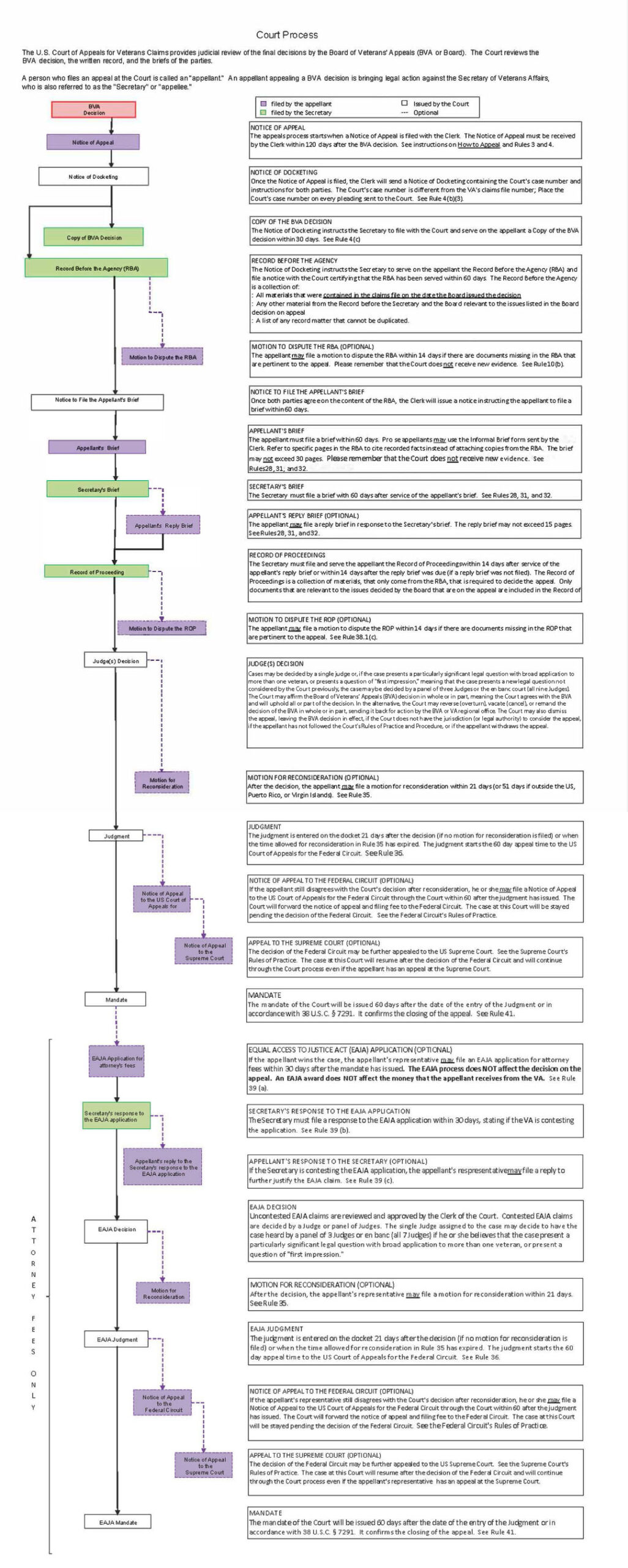Recent Posts
Newsletter
Sign up to get update news about us
- Home
- About
- Claims We Handle
- Post-Traumatic Stress Disorder (PTSD)
- Traumatic Brain Injury (TBI)
- Psychiatric Disability
- Nerve and Neurological Disorders
- Orthopedic Injuries
- Chronic Conditions
- Agent Orange Exposure
- Gulf War Syndrome
- CAVC
- Total Disability Individual Unemployability (TDIU)
- Death Benefits
- Accrued Benefits
- PACT Act
- Additional Services
- Services
- Tools
- Resources
- Contact Us






